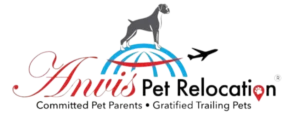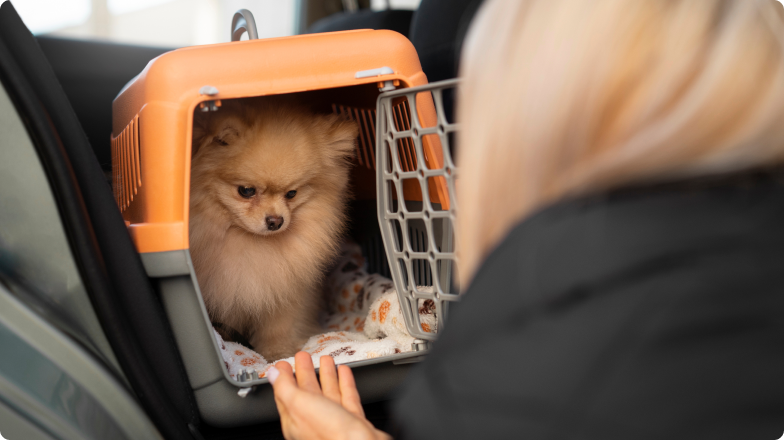GERMANY
Home > Destinations > Germany



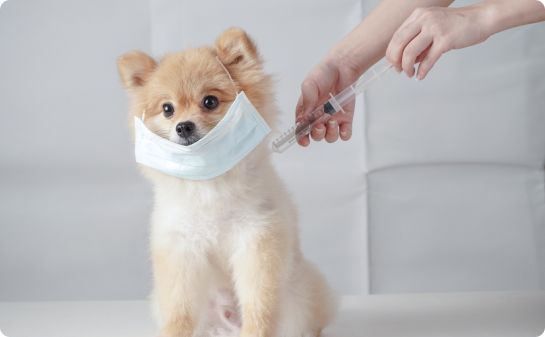
STEP 1 : Initiate the Process Early
Start the pet relocation process to Germany at least 4 months before the planned movement date.
STEP 2 : Microchip Implantation
Implant an ISO 11784/785 microchip (15 digits) before Rabies vaccination. Veterinarians can assist, or you may contact us for microchip procurement.
STEP 3 : Vaccination
For dogs, administer Anti-Rabies, Distemper, Hepatitis, Leptospirosis, Parainfluenza, and Parvovirus (DHLPP). Cats require Anti-Rabies, Feline Viral Rhinotracheitis, Calicivirus, and Panleukopenia (FVRCP).
STEP 4 : Rabies Serology Titration Test
Ensure an adequate rabies serology titer result from an approved laboratory. Draw a blood sample at least 30 days post Anti-Rabies vaccination and before expiration. The acceptable result is >=0.5 IU/ml, with a minimum 90-day wait period.
STEP 5 : Measure Your Pet
Measure your pet and procure an IATA-specified crate. Our recommended brands, including Petmate, Varipet, and SkyKennel, which you can conveniently purchase here.
STEP 6 : Crate Training
While transporting pets to Germany ensure your pet becomes familiar with the travel crate. Refer to our crate training document for helpful tips.
STEP 7: Decide on the type of relocation
-
- In-Cabin : Pets travel in the same flight as ‘In-Cabin’ based on airline regulations.
- Accompanied Baggage: Pets travel with the parent in the same flight, in the cargo hold based on airline regulations.
- Manifest Cargo: Pets travel alone as cargo on a passenger or freighter flight.
- Premium Option: An Anvis Pet Relocation Specialist transports the pet from door to door, either ‘In-Cabin’ or ‘In-Hold’ based on size, weight, carrier, and airline regulations.
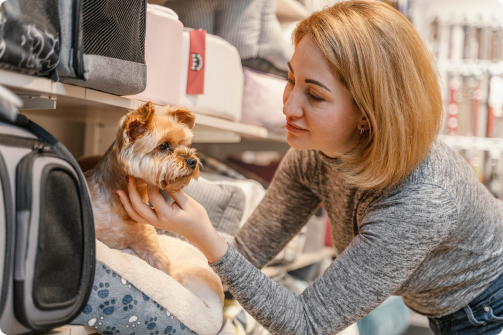
STEP 8: Choose the right airline & book Pet’s Space
Choose the right airline based on routing, layovers, time of travel, and weather conditions, considering your pet’s size and crate. Discuss with airlines or a pet relocator to book the pet’s space.
STEP 9: Vet Check and Document Endorsement
Within 10 days before the travel date, complete a vet check, and have the veterinarian issue/endorse health and fitness certificates, microchip certificate, sterilization certificate, and external/internal parasite treatment certificate.
STEP 10: Tapeworm Treatment
For dogs, get tapeworm treatment no less than 24 hours and no more than 120 hours (5 days) before entering Germany. Ensure the treatment is approved for use and contains praziquantel or an equivalent effective against Echinococcus multilocularis tapeworm.
STEP 11: EU Health Certificate
Complete a standard Health Certificate, endorsed by the Government Veterinarian at the Ministry of Animal Quarantine & Certification Services or equivalent body. The certificate is valid for ten days.
STEP 12: The EU +/- 5 – Day Rule
Pets must fly non-commercially within five days of their parent for non-commercial moves. Failing this rule turns the move commercial, altering EU import requirements and timelines. Discuss commercial moves with your relocation coordinator.
STEP 13: Final Health Check and Certificates Issuance
Take an appointment with the Government Veterinarian (AQCS) 4-5 days before travel for a final health check and issuance of certificates. This ensures validity in case of flight delays, etc.
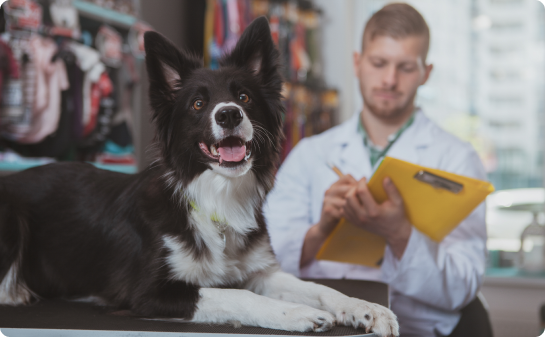
This comprehensive guide ensures a systematic and well-prepared approach to pet relocation to Germany. For further assistance, feel free to contact us as your dedicated pet relocation partner.
Did You Know?
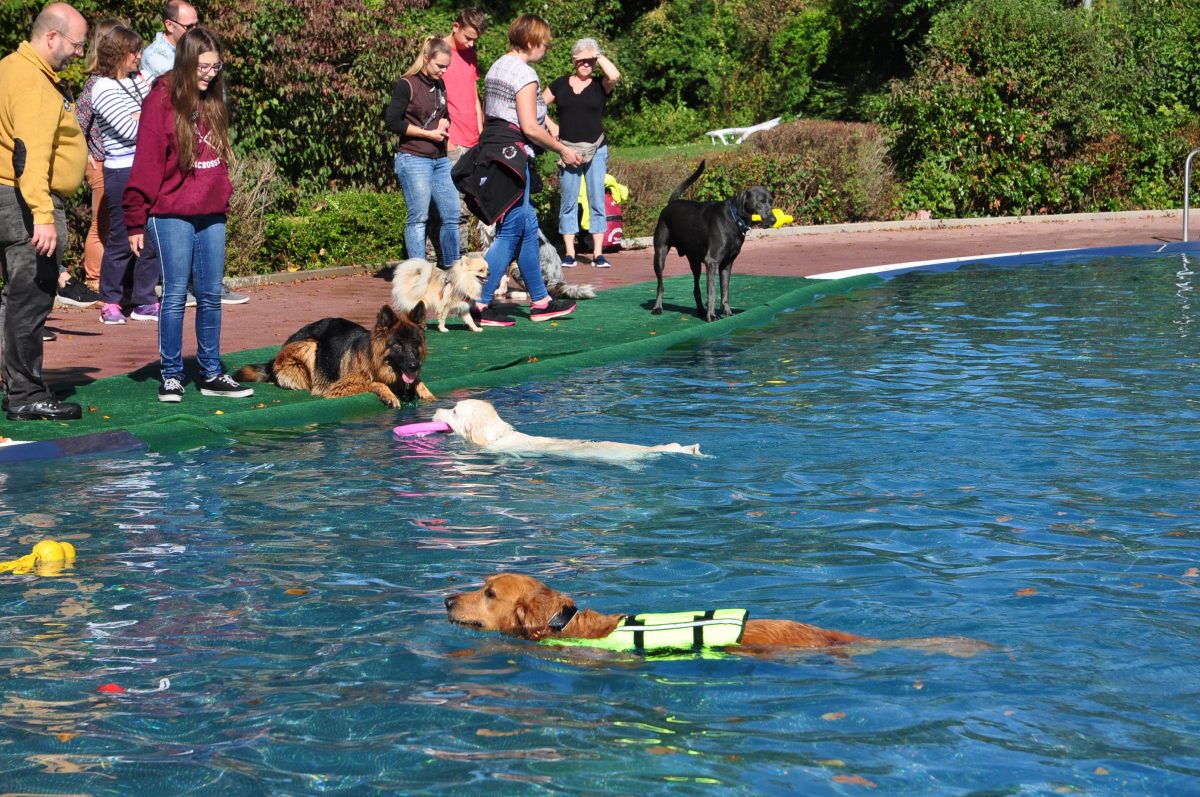

RELOCATING TO GERMANY WITH YOUR PET?
HERE’S WHAT YOU CAN EXPECT FOR YOUR FURRY FAMILY MEMBER.

Germany is generally considered a pet-friendly country, and there are several services, products, and facilities available for pets. Here are some aspects that make Germany pet-friendly:
Pet-Friendly Accommodations in Germany
Stay in pet-welcoming establishments like Pierdrei Hotel Hafencity Hamburg, Grand Hyatt Berlin,Hotel Torbraeu, Platzl Hotel Some accommodations offer special amenities and services to make your pet’s stay enjoyable.
Trained Dog Culture in Germany
Experience Germany’s commitment to dog training and obedience at establishments like Dog School – München – Hundepension Maier. , inTraining4Paws, Cookieandfriendsberlin, and dogstardaily Well-behaved dogs are warmly received in public spaces, including outdoor seating areas of restaurants.
Pet-Friendly Transportation in Germany
Navigate Germany’s pet-friendly public transportation with ease. Travel alongside your furry friend on trains and buses, where small pets can often journey for free or at a discounted rate. For larger dogs, consider securing a half-price ticket for a comfortable travel experience.
Pet Insurance Providers in Germany
Safeguard your pet’s health with insurance coverage from reputable providers such as PawGuard Insurance, Munich VetCare Assurance, and Hanseatic Pawsure. These options offer financial support for veterinary expenses, ensuring your pet receives the best care.
Pet Relocation Services in Germany
For seamless pet relocation to germany, enlist the services of trusted companies like Gradlyn & PetAir Gmbh. These professionals assist with the intricate process, handling paperwork, logistics, and ensuring a stress-free move for your furry companion.
Dog Parks and Exercise Areas in Germany
Discover designated dog parks like RunFree Zone in Berlin, Munich PoochPlayground, and HappyTails Park in Hamburg. These areas provide safe and controlled environments for dogs to socialize and exercise off-leash.
Pet Supplies and Specialized Stores in Germany
Shop for premium pet products at stores like PawPalace Berlin, Munich PetEmporium, and Hamburg HappyTails Boutique. Explore a wide range of items, from natural and organic products to accessories and toys tailored to diverse pet needs.
Cultural Acceptance of Pets in Germany
Experience the cultural acceptance of pets, especially dogs, at outdoor events, markets, and festivals. Witness the bond between pets and their owners at pet-friendly gatherings like Berlin BarkFest, Munich Paws Parade, and Hamburg FurFiesta.
Vet Services in Germany
Access top-notch veterinary care at clinics like Berlin PetWell Clinic, Munich ModernVet Center, and Hamburg HealthyPaws Hospital. Germany’s well-trained veterinarians and modern facilities prioritize regular check-ups and vaccinations for your pet’s well-being.
Pet Identification Practices in Germany
Once you have transported your pet to Germany, ensure you comply with Germany’s pet identification requirements by visiting MicroChip Master Berlin and Munich Traceable Tails Clinic. Ensure your dog’s safety with mandatory microchipping, aiding in identification and the prompt reunion of lost pets with their owners.
While these aspects contribute to Germany’s reputation as a pet-friendly country, it’s crucial for pet parents to be aware of local regulations, especially regarding identification, vaccination, and leash laws that may vary by region. Additionally, researching specific neighborhoods within cities can reveal areas with a particularly strong pet-friendly culture.


You can find pet-friendly neighborhoods in various cities in Germany. Here are a few examples:
Berlin:
Prenzlauer Berg: This neighborhood is popular among dog parents. It has several parks and green spaces, and many cafes and shops are pet-friendly.
Friedrichshain: Another vibrant area where you’ll find dog-friendly parks and a welcoming atmosphere for pet parents.
Munich:
Glockenbachviertel: Known for its trendy and diverse atmosphere, this neighborhood often attracts pet parents. There are parks and pet-friendly establishments.
Hamburg:
Altona: A district with a mix of urban and residential areas, Altona has parks and green spaces suitable for pets. Some cafes and shops are pet-friendly.
Cologne:
Ehrenfeld: This neighborhood has a creative and eclectic vibe. It’s not uncommon to find pet-friendly venues, and there are parks for dog walks.
Frankfurt:
Nordend: A residential area with parks and a pet-friendly community. Some cafes and shops may allow pets.
Dusseldorf:
Oberkassel: This upscale neighborhood is known for its green spaces along the Rhine River, providing a pleasant environment for pet parents.
Remember that pet-friendliness can vary from establishment to establishment, and it’s always a good idea to check local regulations regarding pets in public spaces. Additionally, the availability of green areas and parks is often a significant factor for pet parents, so neighborhoods with ample outdoor spaces tend to be more popular among those with pets.
Take your pet along on your next international travel! We can make it happen!
